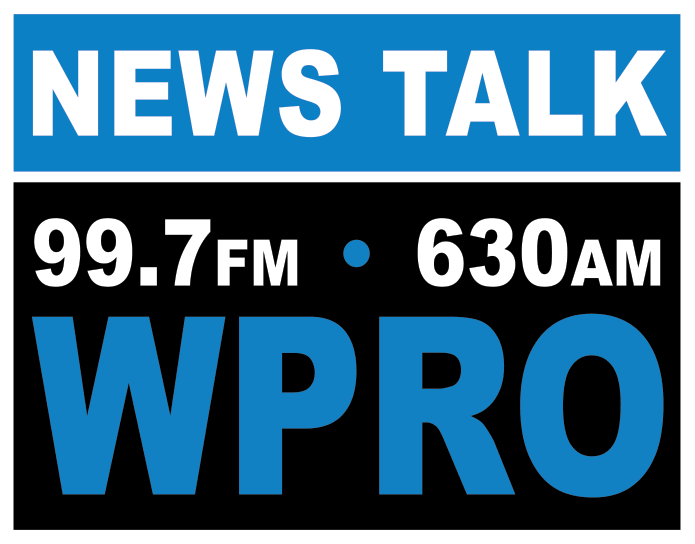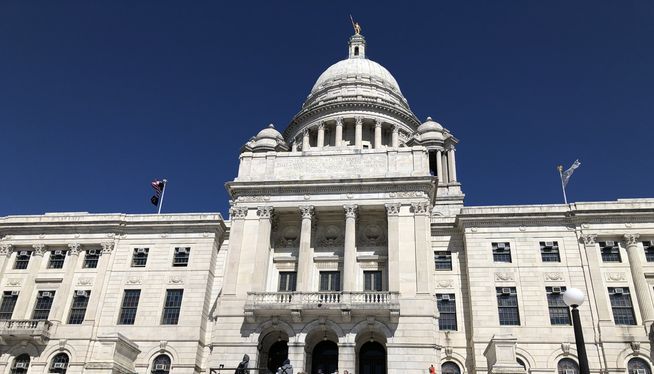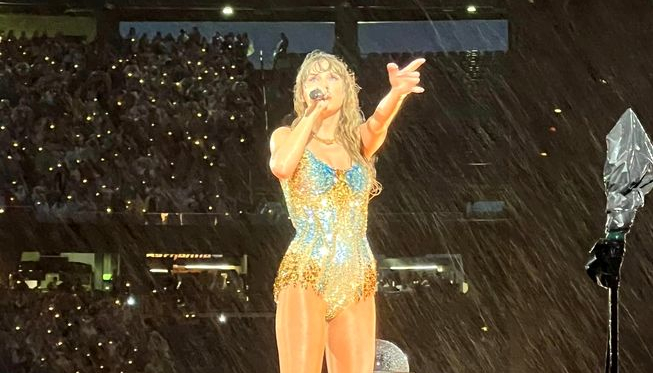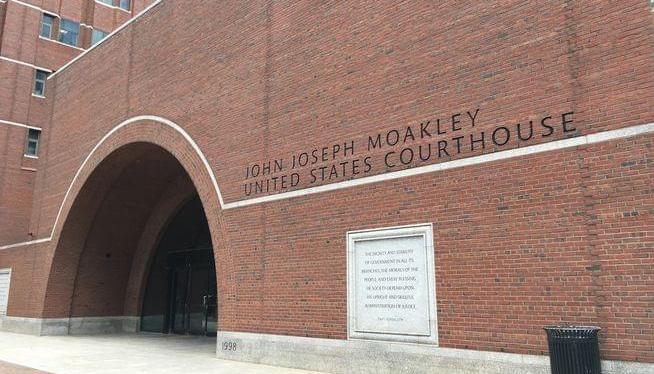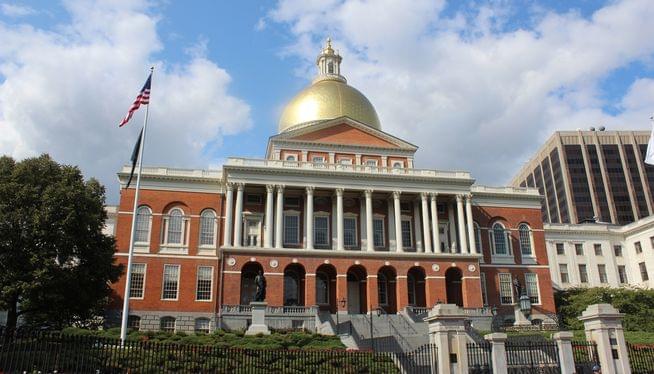
BOSTON (AP) — The top Democrat in the Massachusetts Senate on Friday dismissed a proposal by Republican Gov. Charlie Baker to expand the state’s annual two-day sales tax holiday to a two-month event this year — dealing a possible fatal blow to the plan.
Consumers in Massachusetts are already eager to hit the stores as the state emerges from more than a year of state-at-home advisories and other COVID-19 restrictions and don’t need the lure of an extended tax-free period to persuade them to open their wallets, Senate President Karen Spilka told GBH News on Friday.
Spilka also argued that most of the benefit from the two-month, tax-free proposal would go to big box stores and online retailers rather than local mom and pop stores and smaller Massachusetts-based businesses.
Critics of the plan, including Spilka, said the state still has pressing needs and can’t afford to forego the estimated $900 million in sales tax revenue that would be lost during Baker’s proposed sales tax holiday.
The state is still planning to continue what has become a tradition of a single, tax-free holiday weekend typically scheduled during the summer, Spilka said. This year the holiday is scheduled for Aug. 14-15.
Spilka said lawmakers will likely take a pass on Baker’s proposal when it reaches them.
“I don’t think we need two months to incentivize people to spend when there’s that much pent-up demand,” Spilka said. “A lot of my colleagues and I feel this is not the best way to help our residents and small businesses right now.”
The state has a 6.25% sales tax on most goods and services.
The proposal needs legislative approval. Democrats hold overwhelming majorities in both the Massachusetts House and Senate.
Spilka wasn’t alone.
“We have crippling congestion on the roads, thousands of children on waitlists for childcare slots, and a housing market that leaves working class families wondering what next month will bring,” Democratic gubernatorial candidate Ben Downing said. “Instead of addressing any one of the real issues plaguing our communities, Gov. Baker is offering Massachusetts residents a gimmick.”
Baker, however, is continuing to push the idea, saying Massachusetts residents deserve a pick-me-up after sacrificing so much during the pandemic — particularly given that state revenues during the pandemic came in at a far greater pace than expected, leaving the state with a significant surplus.
Massachusetts ended May with $3.9 billion more than projected during the first 11 months of the fiscal year.
“The people of Massachusetts, despite the pandemic and everything else, managed to generate a lot more tax revenue than we thought they would generate and I think a deal’s a deal and we should give that back to them,” Baker told GBH News on Thursday. “I think we owe some of this to the people of Massachusetts and to the small businesses. They’ve had a terrible year.”
Baker also pointed out that the state’s rainy day account — or stabilization fund — is currently at a record $4.4 billion, putting the state in a strong fiscal situation. If it would help sway Democrats, Baker said he would also consider limiting the tax-free benefit just to smaller businesses.
The proposal has been welcomed by the state’s retailers.
Jon Hurst, president of the Retailers of Massachusetts Association, on Thursday called the proposal “a smart, exciting, and progressive economic incentive that will benefit our small businesses and our consumers just when they need it.”
